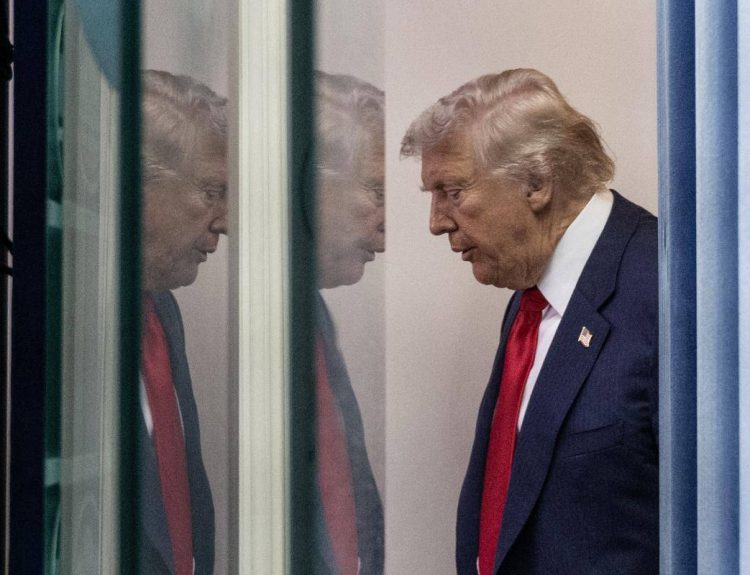Humans are inherently drawn to status and recognition. From the clothes they wear to the experiences they seek, people constantly signal their identity, influence, and aspirations. Prestige transforms ordinary possessions into powerful markers of social distinction, serving as both a personal statement and a public declaration.
Luxury goods and exclusive experiences carry meaning beyond their functional value. A rare watch, a private club membership, or a limited-edition collectible conveys taste, discernment, and social standing. Paying for status allows individuals to differentiate themselves in an increasingly competitive world, where perception often shapes opportunity.
At the core of this behavior is the desire for recognition. Prestige provides affirmation and respect from peers, validating achievement and reinforcing a sense of self-worth. Humans are wired to seek acknowledgment, and status acts as both a reward and a motivator in social hierarchies.
Emotional resonance amplifies the allure of prestige. People pay not only for ownership but for the feelings associated with exclusivity—belonging, admiration, and influence. This psychological payoff often outweighs the tangible value of the object itself, making the experience deeply compelling.
Scarcity and storytelling are powerful tools in crafting prestige. Luxury brands leverage limited editions, rich heritage, and curated experiences to create desire. By controlling access and narrative, they ensure that prestige feels earned, personal, and aspirational.
Prestige also functions as a strategic tool. Beyond personal satisfaction, it can open doors, forge alliances, and signal competence in professional and social networks. In this way, investing in status becomes an investment in influence and opportunity.
Psychology further explains that prestige is about shaping perception. People are motivated by how they are seen and the impression they leave behind. Status allows individuals to communicate success, taste, and power without a word, creating silent yet potent social signals.
Ultimately, paying for status is a sophisticated interplay of identity, psychology, and culture. Prestige transforms ordinary choices into powerful statements of influence, turning ownership into a dialogue between the individual, their peers, and the society they aspire to lead. In understanding this dynamic, both consumers and brands can navigate the world of desire, recognition, and distinction with elegance and strategy.



